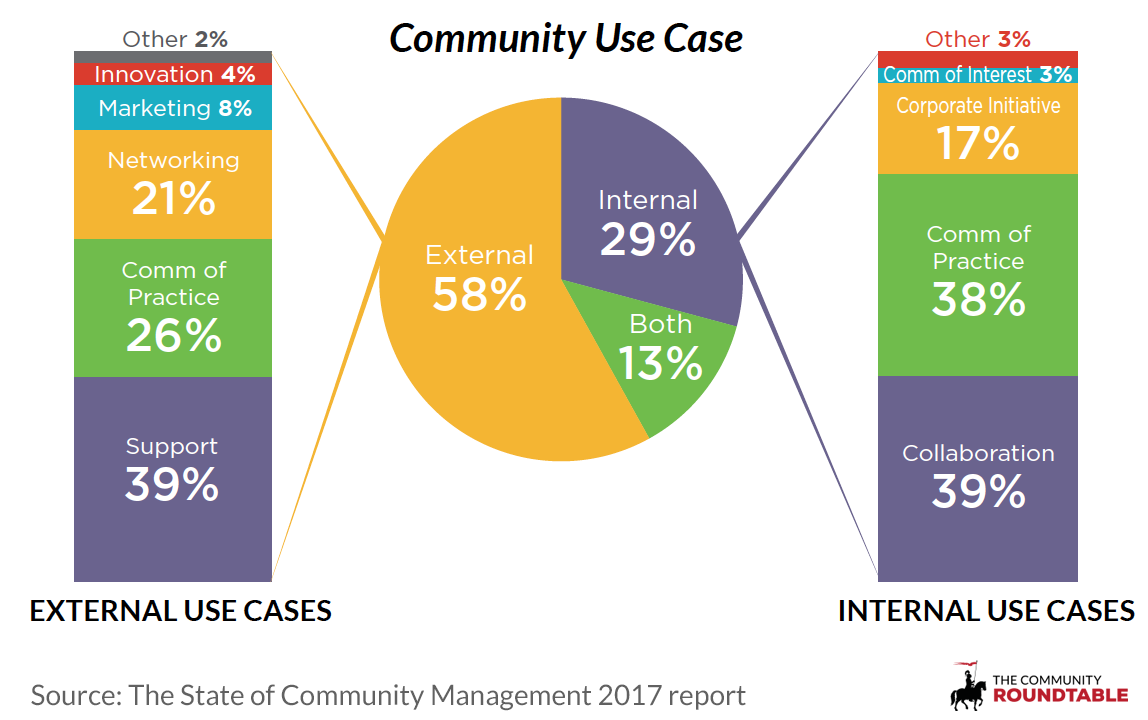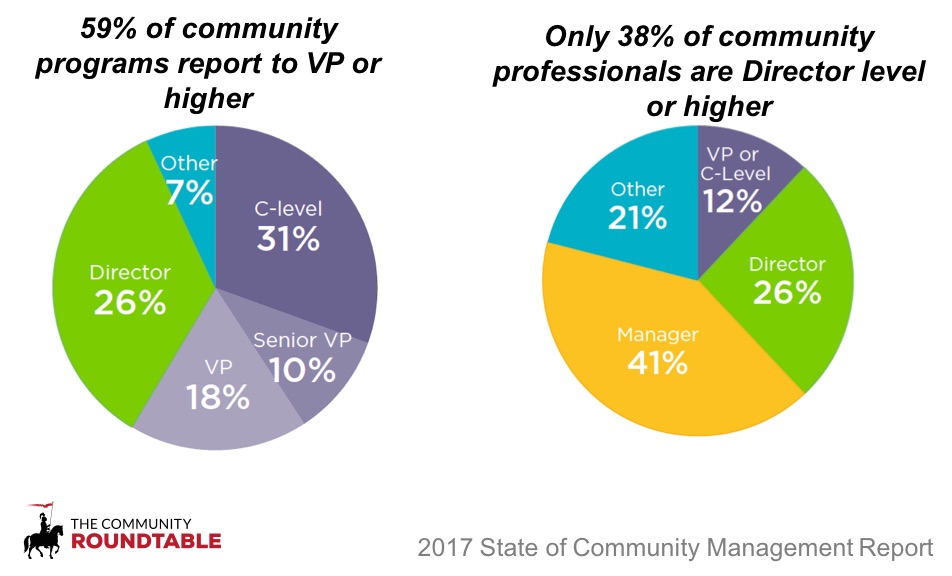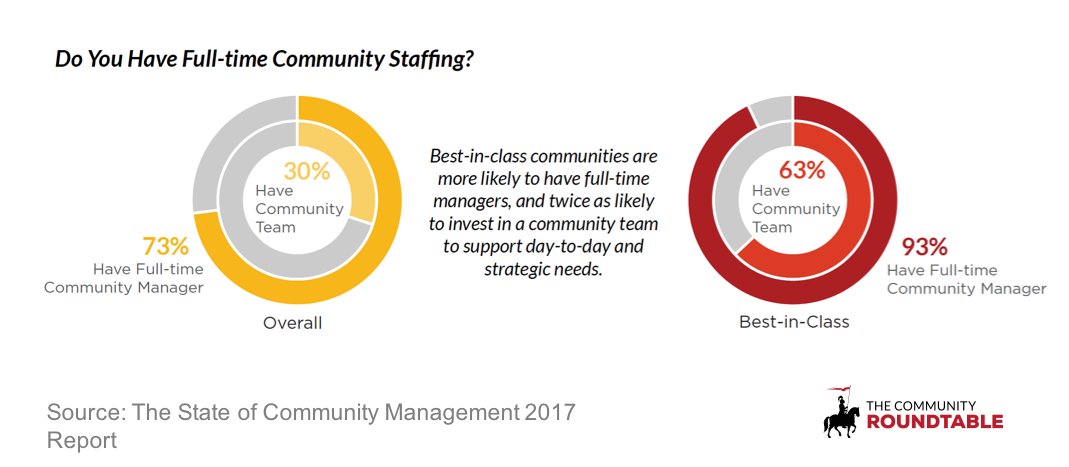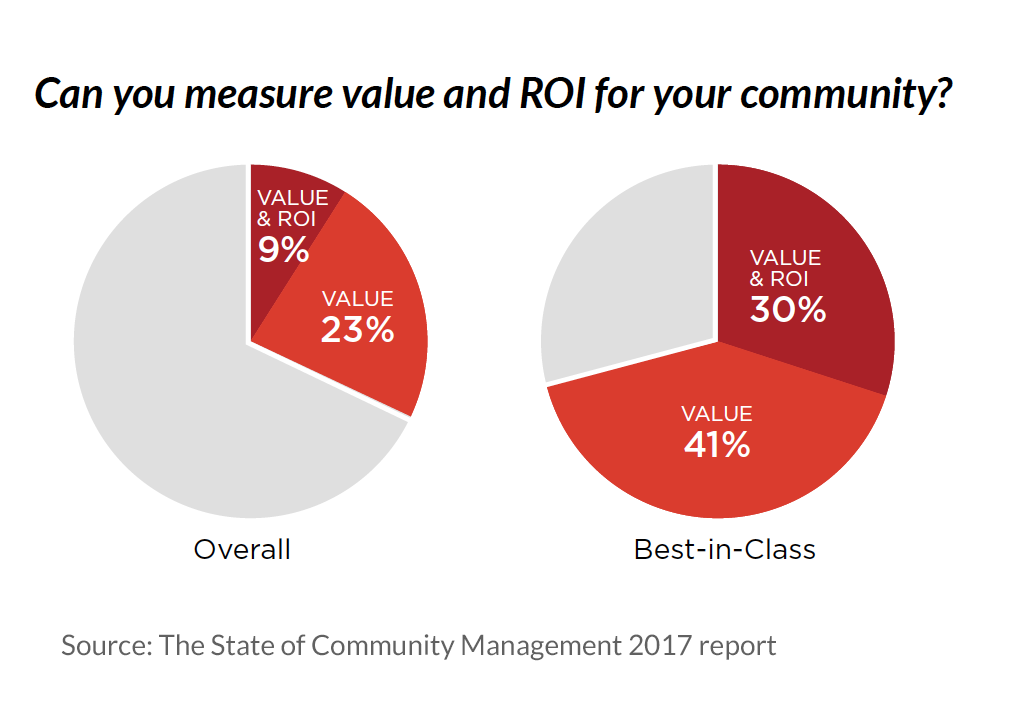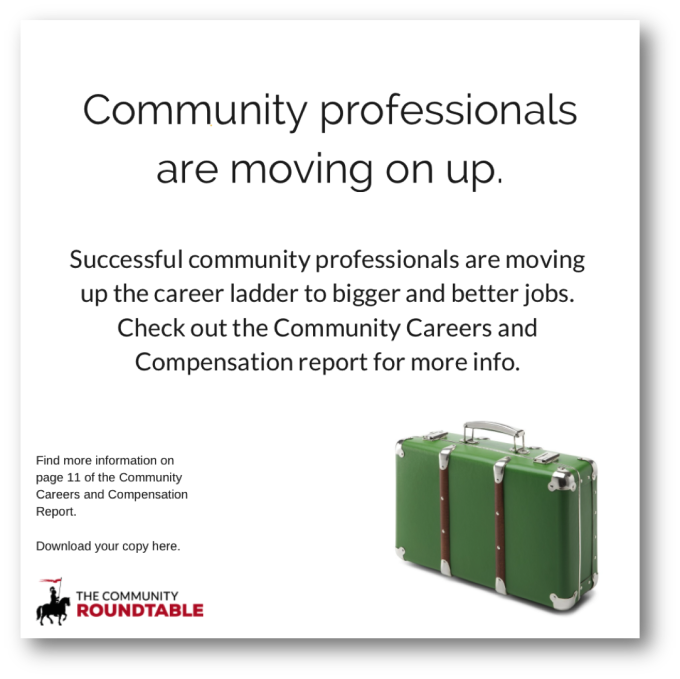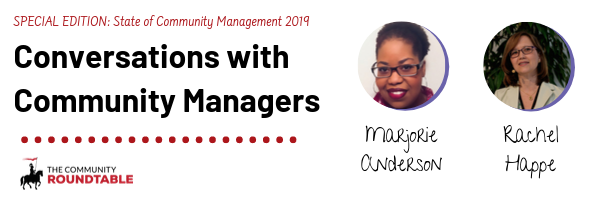
Join TheCR’s Rachel Happe, Principal and Co-Founder of The Community Roundtable, as she chats with Marjorie Anderson, CSPO, Manager, Digital Communities at the Project Management Institute, about the State of Community Management 2019 report.
In Episode #62, Rachel and Marjorie discuss key finding #3 from the 2019 research: Communities Propel Engagement
Rachel and Marjorie discuss how community management can feel like playing “1001 and one ways to say no, without having to say no”, how community professionals can advocate for themselves in the workplace, and ways to avoid burn-out.
Haven’t downloaded the State of Community Management 2019 yet?
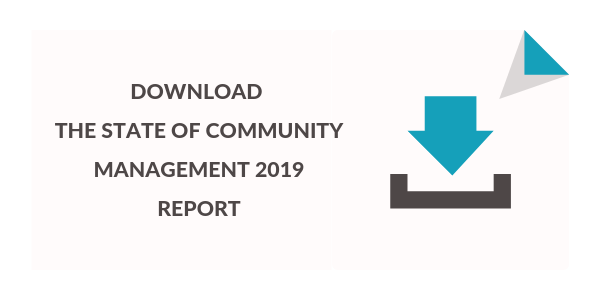
Podcast: Play in new window | Download


